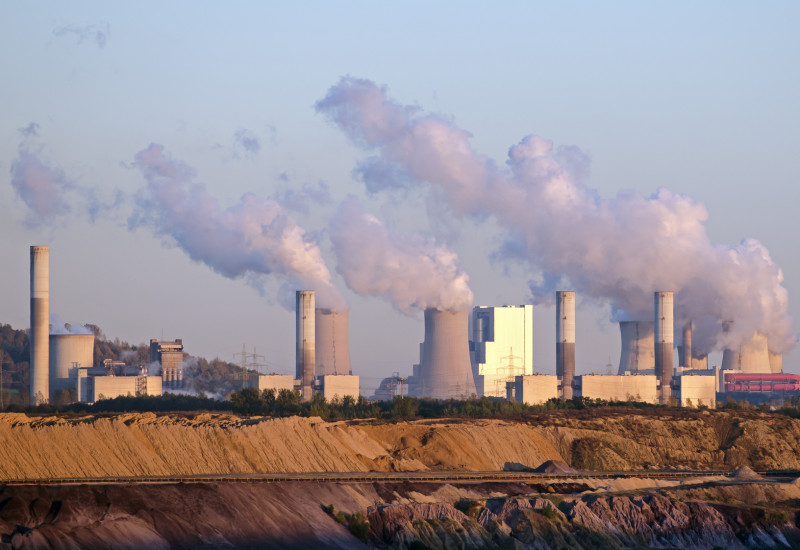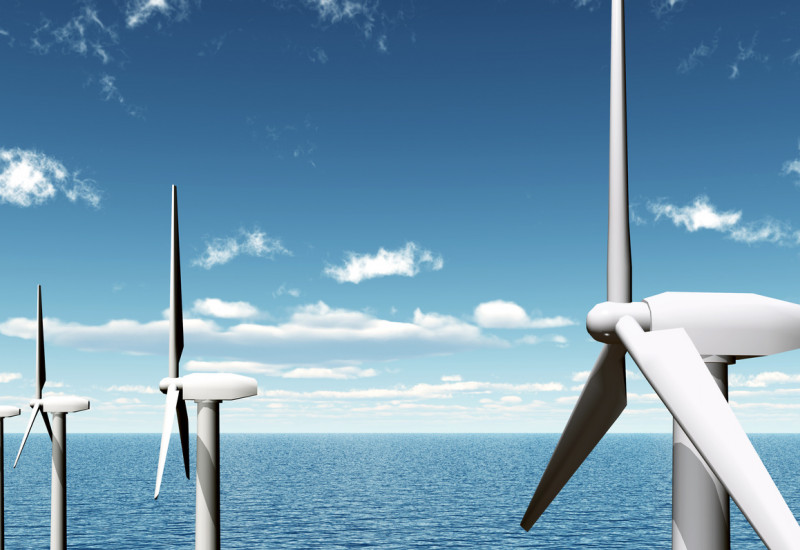The consequences of climate change pose economic risks for companies. A recent study by the German Environment Agency (UBA) shows that only about half of the DAX 30 companies report publicly on these risks. None of the 100 largest companies studied provides information on whether the corporate strategy is resilient to stronger climate change. read more










